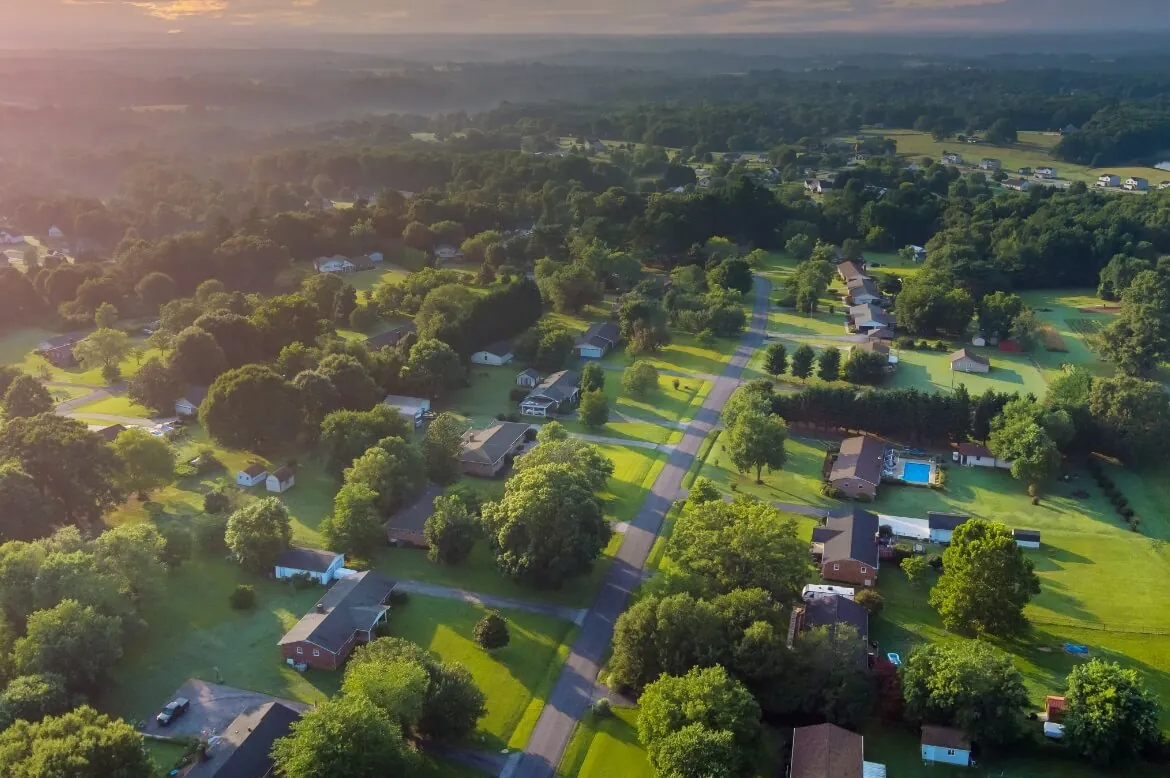Reading Time: 4 minutes
If you’ve received notice that the government plans to take your land, you’ve probably been told it’s “for the public good.” But what does that actually mean? Is the project really necessary? Does it have to be? And who gets to decide? These are some of the most important questions in any eminent domain case, and the answers are more complicated than you might expect.
What Counts as a “Public Use”?
In Florida, the phrase “public use” is more expansive than most people realize. It doesn’t just mean roads and schools. It can include:
- Transportation infrastructure
- Flood prevention systems
- Utility corridors
- Public buildings
- Redevelopment projects in approved zones
The legal foundation for this authority comes from Article X, Section 6 of the Florida Constitution, which allows the government to take private property only for a public purpose and with full compensation. But the definition of “public purpose” has evolved through case law. Courts no longer require that the public have daily access to the property. It’s enough if the project serves a broader public benefit—even if the land ends up in the hands of a private contractor, as long as the underlying use is valid.
Does the Government Have to Prove the Taking Is Necessary?
Yes, but the standard is lower than many landowners expect. Under Florida law, the taking must be “reasonably necessary” to serve the public purpose—but it does not have to be the least intrusive or only possible option. Courts generally defer to the condemning authority’s planning unless there is clear evidence of overreach or abuse. The relevant procedures for establishing necessity are set forth in Chapter 73 of the Florida Statutes, which governs how and when the government must show the purpose and scope of the taking. Even so, courts will step in when the taking appears to be excessive, pretextual, or based on vague assertions. If a landowner can demonstrate that the agency is exceeding what’s needed—or acting without proper factual justification—the necessity requirement becomes a powerful defense.
Can You Challenge Whether a Taking Is Necessary?
You can, but you must act quickly. Necessity challenges must be raised early in the case, often before the government takes possession of the property or deposits estimated compensation. Delaying the challenge may result in the court treating the taking as already established and proceeding directly to compensation. Florida’s procedural timelines are strict, particularly in quick-take actions under Chapter 74, where possession can transfer shortly after filing. If you believe the taking is too broad, unnecessary, or lacks support, it’s essential to challenge it before the case moves into valuation.
Case Law and Real-World Examples
Florida courts have affirmed the necessity requirement in several contexts. In Florida Department of Agriculture v. Mendez, the court held that even in quick-take proceedings, the condemning authority must demonstrate that the project satisfies both a public purpose and a reasonable necessity. Other cases have involved challenges to the scope of the taking—such as when the government tried to seize more land than needed for a drainage easement, or when a redevelopment plan was too speculative to support condemnation. These cases show that “necessary” is not a rubber stamp. It’s a legal requirement, and when used correctly, it can shift the outcome of a case.
Conclusion
The government doesn’t get to take your land just because it wants to. It must prove that the taking serves a legitimate public purpose and that it’s reasonably necessary for that purpose. If either of those elements is missing or poorly supported, you may have the right to challenge the project outright—or at least limit the scope of what’s being taken. If you’re questioning whether the government really needs your property, don’t wait for the answer to come in court filings. Ask questions, get advice, and act early.
Disclaimer: This article is for informational purposes only and does not constitute legal advice. Reading this article does not create an attorney-client relationship. Past results do not guarantee future outcomes.
